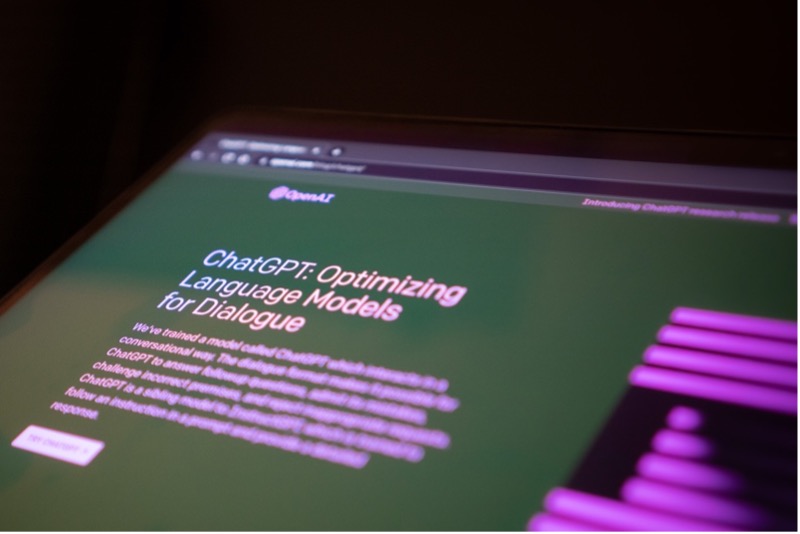There has been a surge in the adoption of AI tools like ChatGPT in various operations and workflows. This raises the question of how managers can adapt to a time where generative AI is transforming the way we work. To gain insights, we can look at the experience of Rob Bray, an Associate Professor of Operations at Kellogg School of Management, who actually had to redesign his course after ChatGPT made his textbook on the R programming language obsolete. Bray's experience provides advice for managers as they navigate the challenges and opportunities presented by AI tools like ChatGPT. Here are some key takeaways for managers to consider:
Encourage Exploration and Creativity
ChatGPT enables workers to be creative in novel ways, so managers should empower their teams to explore and experiment with the tool. By doing so, teams can discover new tasks that were previously impossible or identify areas where the AI tool can be most effective. Managers can incentivize individuals to find new use cases for the technology and share them with their colleagues.
Assign Projects Thoughtfully
ChatGPT can help entry-level employees quickly get up to speed on tasks like coding, number-crunching, or investment analysis. However, it is essential to ensure that employees are genuinely interested in the problem they are working on, as they might otherwise rely too heavily on the AI tool and not develop their skills. Managers should carefully consider the "fit" between an employee and their work, assigning tasks that employees can truly feel ownership over.
Foster a Culture of Learning and Adaptation
As AI tools like ChatGPT become more prevalent, managers need to create a culture of learning and adaptation within their teams. This can involve encouraging critical thinking, integrating AI tools judiciously, and communicating expectations. By doing so, managers can help their teams develop the skills needed to thrive in an AI-driven world.
Focus on Employee Engagement
AI tools can also be used to improve employee engagement, with applications like AI coaches, bots, and gamified apps. Managers should prioritize their immediate needs and gradually test these applications with their employees to find the most effective solutions. To conclude, managers play a crucial role in guiding their teams through the challenges and opportunities presented by AI tools like ChatGPT. By fostering a culture of exploration, creativity, and learning, managers can help their teams adapt to the rapidly changing landscape of work and skill development






